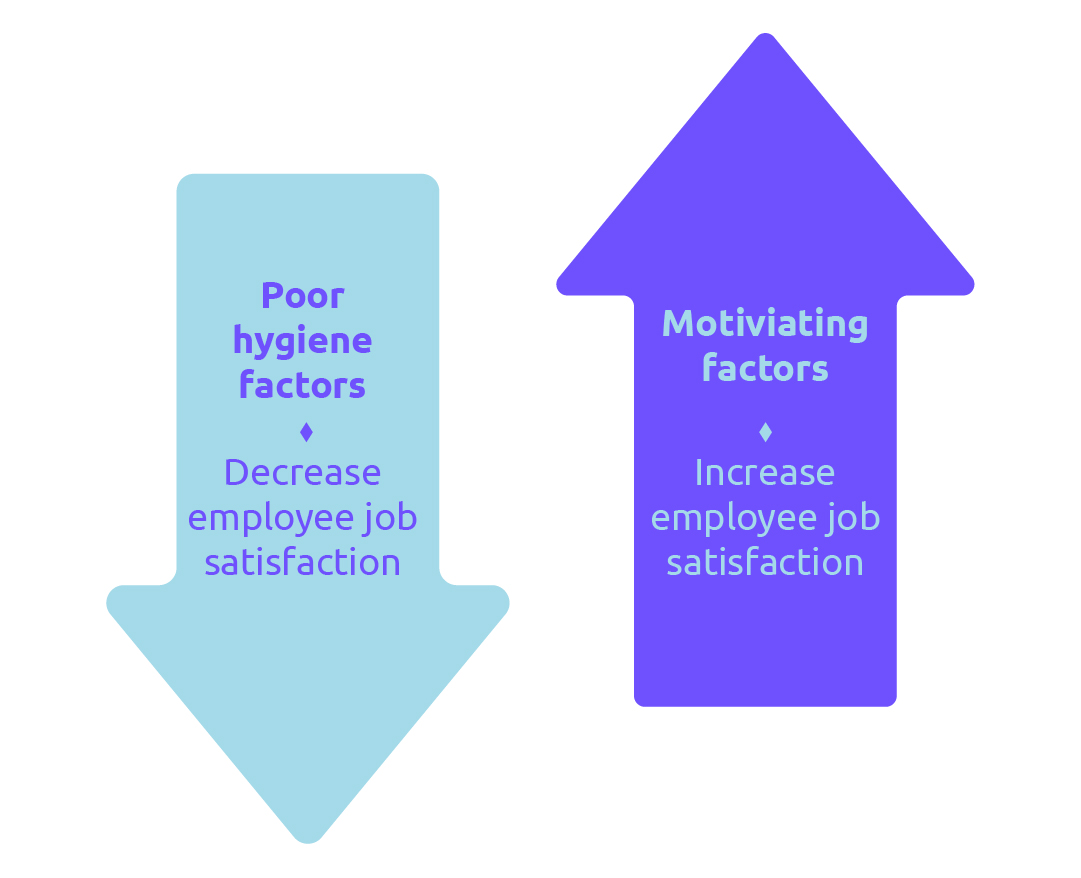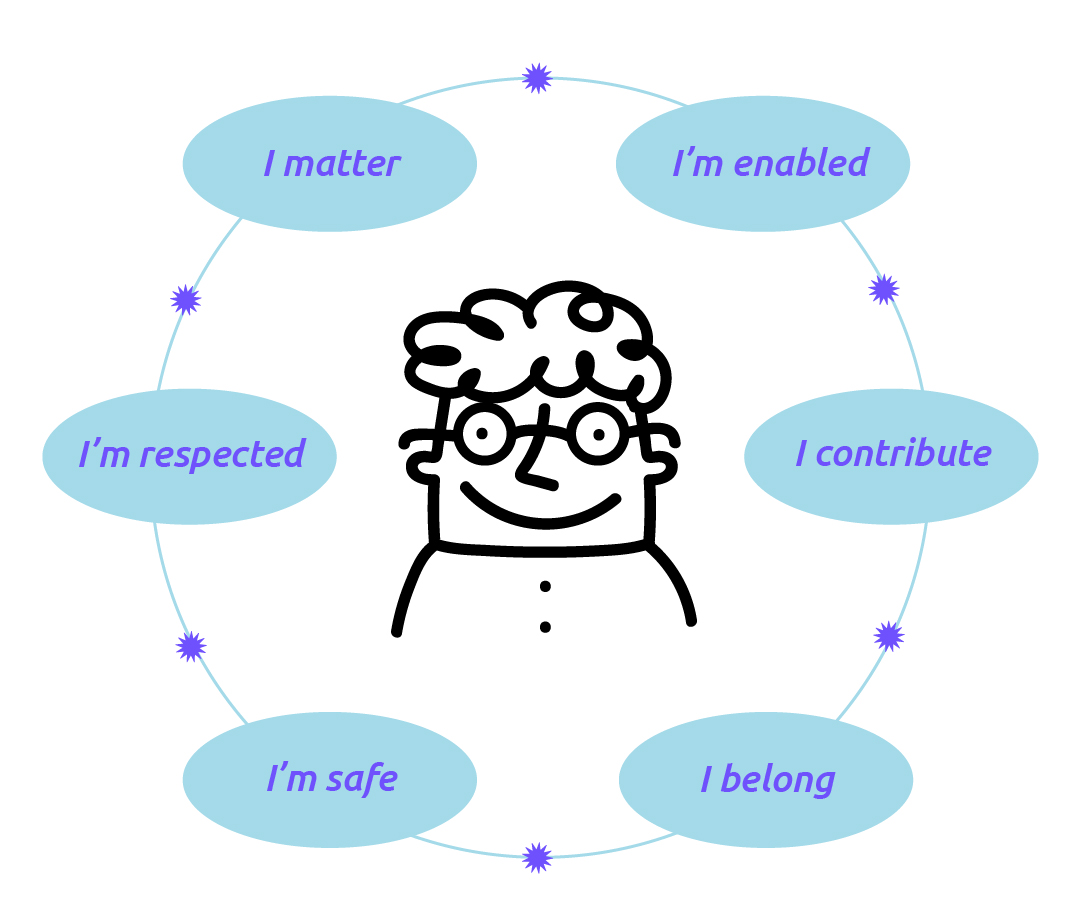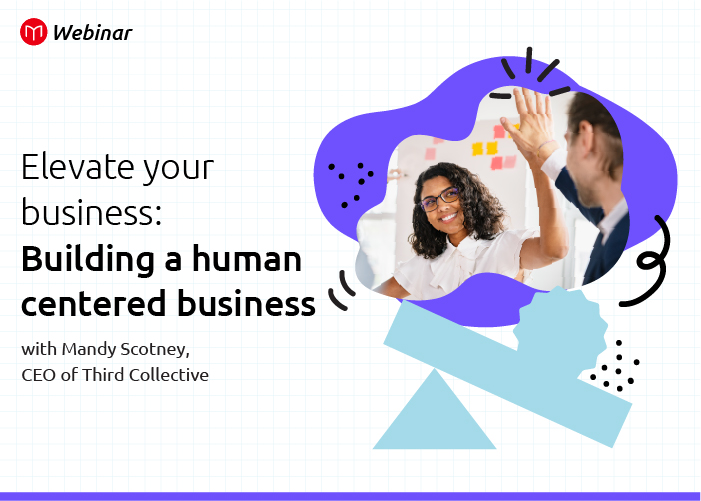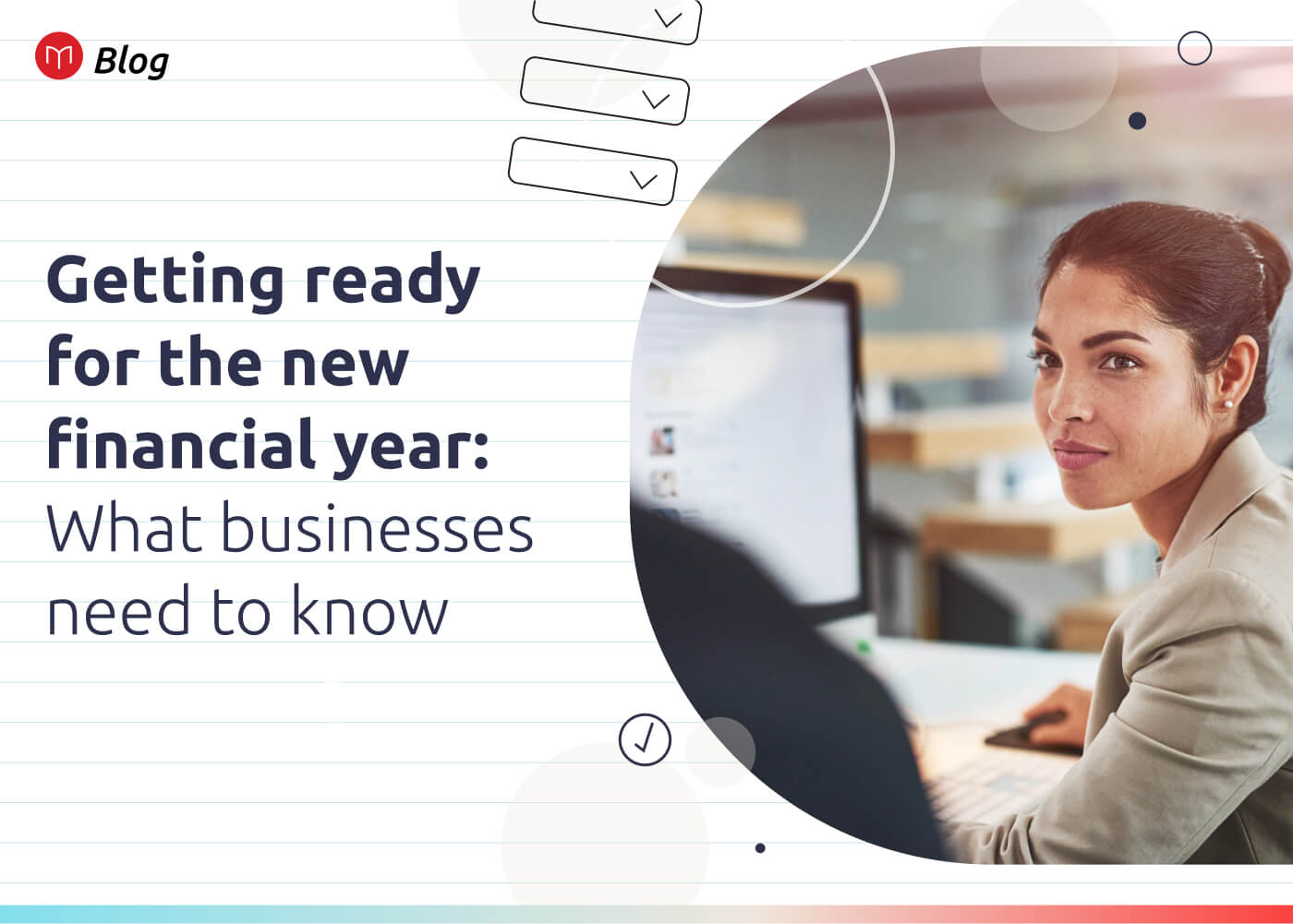Building a Human Centered Business
As a business leader, building a human centered business is a key step in ensuring you drive motivation, performance and decisions.
Because, no matter how much your business is dependent on technology, it's humans that are at its heart and will ultimately determine your success.
Researcher, academic and CEO of Third Collective, Mandy Scotney helps businesses create cultures where people are supported and encouraged to talk openly about their wellbeing.
During our last “Elevate Your Business” webinar, we started off with the one question on everyone's mind: What exactly is a "human centered business"?
What is a human centered business?
As business leaders we're often so involved in optimising for our output or bottom line. In that scenario, people just become one of a number of inputs. When we shift the focus to becoming a human centered business, we truly aim to bring our people at the core of our decision making. The key principles of human-centred design can easily be used to guide us through this process:
- Empathy
- Understanding the problem
- Collaboration & engagement
- Testing & providing feedback
- Ongoing iteration and improvement
Businesses generally are well versed in these principles when it comes to the approach of building products & offering solutions to customers. It comes naturally. When creating a new product or a service we ask “what do our customers want and need - what’s most important to them?” and then build out from there.
In a human centered business, our approach to leadership should be the same; holding central the idea that we need to fully understand the fundamental wants and needs of our people.
Which brings us to...
What do people need from their workplace?
Frederick Herzberg theorised that employee satisfaction has two dimensions: “hygiene” and motivation.

Improving hygiene - will reduce dissatisfaction. These are external factors like salary or the working conditions.
But tapping into internal factors - intrinsic motivation - will improve satisfaction and productivity.
Practically, it's entirely possible that a worker will be more satisfied working in a "boring" office space where they're intrinsically motivated than in a space with a breakfast bar, foosball table and barista coffee where their motivating factors are overlooked.
These sentiments were mirrored by the poll we did during our live webinar. Interestingly enough, out of the top 5 reported needs, 4 were "motivating" factors, and only one was a "hygiene" factor.
- Interesting work > 19%
- Sense of purpose and meaning > 19%
- Pleasant working conditions > 13%
- Work that aligns with my values > 11%
- Skill and development growth > 10%
While the external factors often take planning and budget, increasing the internal motivating factors can be achieved by making a conscious approach to becoming more people-focused.
How do we increase intrinsic motivators for employees?
Obviously, there’s no one size fits all when it comes to intrinsic motivation. Everyone has individual circumstances that come into play.
However, there are some general feelings that are shared amongst people that are motivated in their workplace. Here’s how Mandy described those:
I matter
I need to feel that my organisation has a worthwhile purpose. And I need to understand how my tasks contribute and matter to this.
I belong
I need to feel part of something bigger than me. I need to see workplace values that ring true and that are widely shared as the foundation of a vibrant workplace culture.
I’m enabled
I need easy access to the tools, information, and processes to do my work. I need clarity on how to find help, get work done, and make decisions.
I contribute
I need to have my accomplishments recognised. I need to know that my teammates appreciate and value my contributions.
I’m respected
I need to feel respected. My organisation must provide an environment of trust where information can be confidently and appropriately shared.
And finally….
I am safe
In this last point, Mandy is talking about psychological safety. This is the safety to express views, to trust you’re recognised for your work, that you’re seen as a whole person.
This is a definition of psychological safety that Mandy shared and we absolutely loved:
“An environment where you feel included, that it is safe to learn and contribute and that you can challenge the status quo – all without any fear of being shamed, embarrassed or marginalised.”
Timothy Clark
What can you do to create a psychological safe space at work?
Making your workplace psychologically safe might need some self-reflection. Do you create an environment where people feel safe to take risks, innovate and stretch themselves?
Think about what you reward - just outcome or do you acknowledge effort even when it ‘fails?’ Do you admit it when you don’t know or when you’ve screwed up? Do you apologise? Are you authentic in expressing emotion? Do you really listen?
Some practical do's and don'ts that came up during our Q&A session might help get you on the right track.
Do’s
- Get to know your people, and what matters to them.
- Make it ok for people to make mistakes.
- Understand, like all human relationships, your approach will constantly adapt to best meet your team's needs.
Don’ts
- In times of stress and disruption don’t offer a band aid solution INSTEAD address the issue at hand openly.
- If you notice poor leadership, don’t let it go unchecked INSTEAD remove it as early as possible.
Conclusion
With “Elevate Your Business” we’re trying to bring actionable advice to business leaders to improve businesses. And while corporate leadership of the olden days might scoff at the idea of psychological safety, the proof - as always - is in the pudding.
Gallup suggests that through improving psychological safety an organisation can see a 27% reduction in turnover, a 40% reduction in safety incidents and a 12% increase in productivity.
Please let us know if these insights are valuable to you too. Tweet us, message us on Facebook, Instagram or LinkedIn.
Need more assistance? Feel free to reach Mandy directly via the Third Collective website or book a free-15 minute chat with Mandy to find out how Third Collective can help.



.jpg)